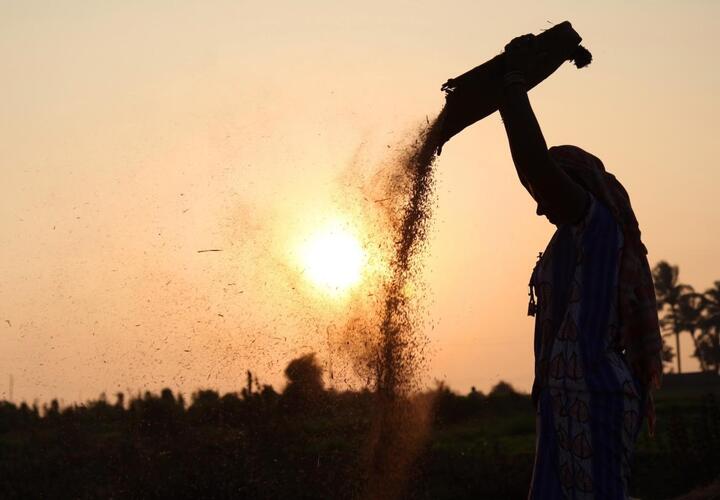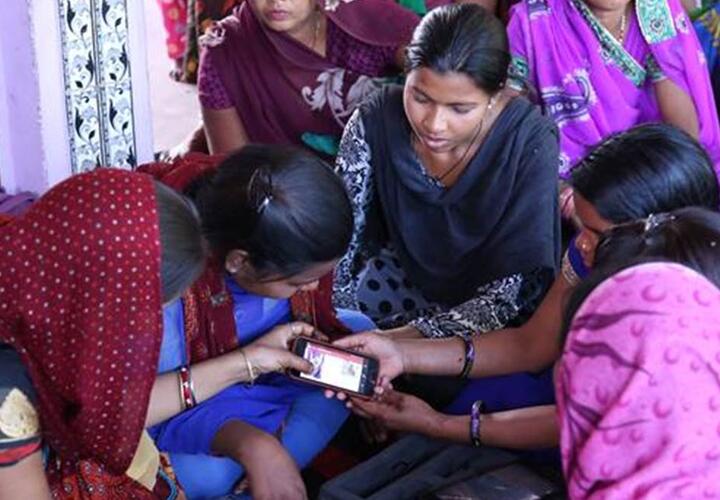News Item
… Insights on Harnessing Human Capital for Growth and Development in Kenya … Hub at Kenyatta University, which leads several research projects across key thematic areas–all aimed at identifying … regarding women’s adoption and continued use of digital technology. She presented a case study from India, which …
Relevance: 47.750732











